Solid-state batteries promise improved performance and safety compare to current technology, and they may be getting close to commercial deployment. The latest step forward: semi-solid-state batteries may soon appear in production vehicles in China (sigh…where else?).
Chinese battery specialist WeLion has delivered its first semi-solid-state battery cells to EV manufacturer Nio, which plans to use the cells in its 150 kWh battery pack, and aims to deliver the first EVs with these battery packs before the end of July.
Nio first unveiled a 150 kWh semi-solid-state battery pack in January 2021, but the delivery schedule was delayed several times. In May of this year, when the company unveiled its new ES6 SUV, William Li, Chairman and CEO of Nio, confirmed plans to put the semi-solid-state tech into a vehicle, and said that the new battery pack would enable a range of 930 kilometers, or 578 miles (on the Chinese testing cycle).
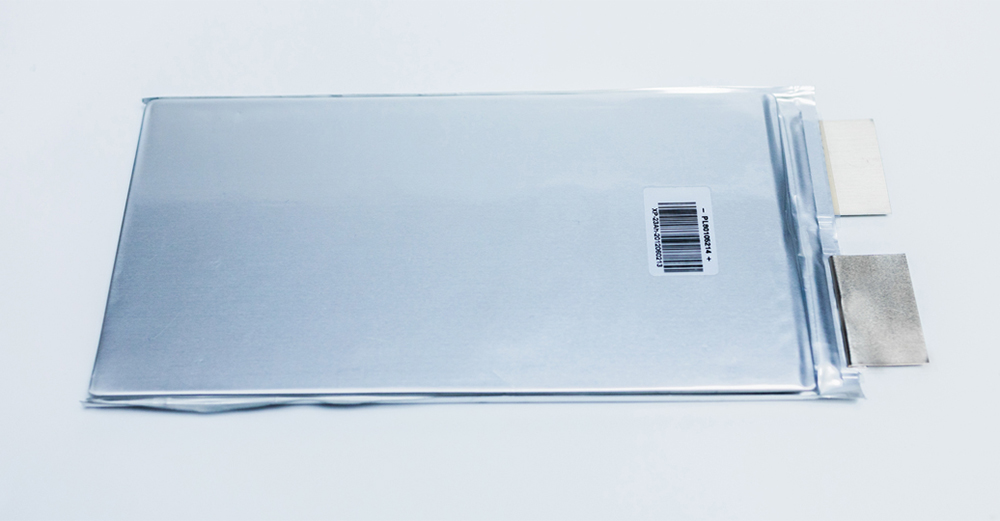
Nio says its new 150 kWh battery pack offers specific energy of 360 Wh/kg, and adds only 20 kg to vehicle weight compared to its previous-generation pack. The semi-solid-state cells themselves are composed of a solid electrolyte, an anode material made of a silicon/graphite composite and a cathode with “ultra-high” nickel content.
The new pack, which the companies admit is costly, will not be available for purchase at first, but only for rent. This is part of Nio’s business model—all Nio models are now compatible with the company’s battery swap technology, so customers can upgrade their battery packs when desired. Currently, the company offers 75 and 100 kWh packs.
“Today’s delivery is just a small step in the joint development of WeLion and Nio, and hopefully this small step will lead to a big technology leap for the whole industry,” said Zeng Shizhe, Vice President of Nio Battery Systems.
Beijing-based WeLion began production of semi-solid-state battery cells in December 2022 at its battery factory in Huzhou. In March of this year, WeLion completed another factory for hybrid battery cells (solid and liquid electrolytes) and pure solid-state battery cells at Zibo in the province of Shandong.
WeLion’s partnership with Nio is not exclusive. WeLion has said it wants to work with “leading international automakers” to ensure that “subsequent mass production progresses steadily as planned.”




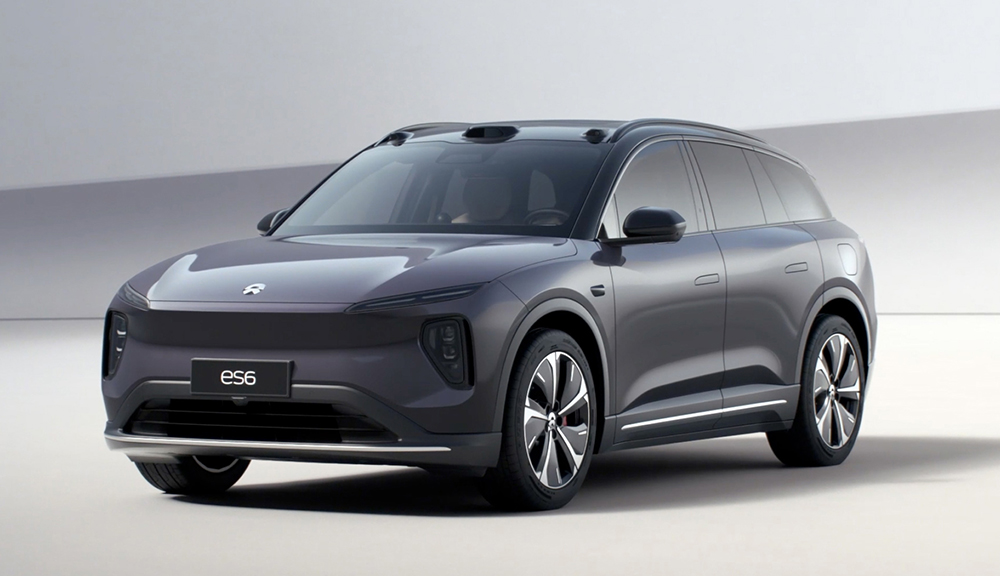
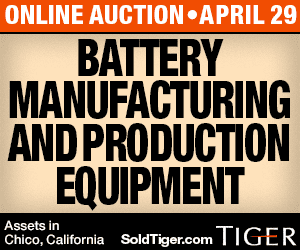



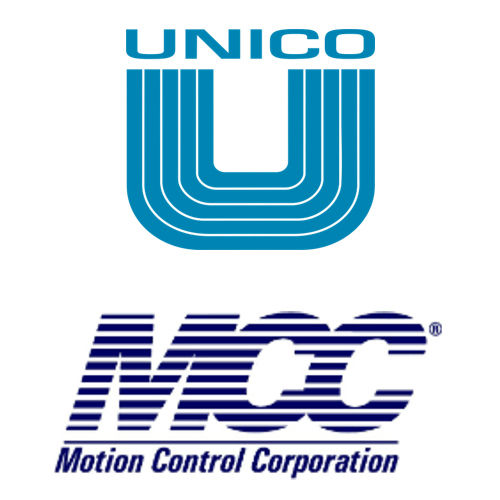
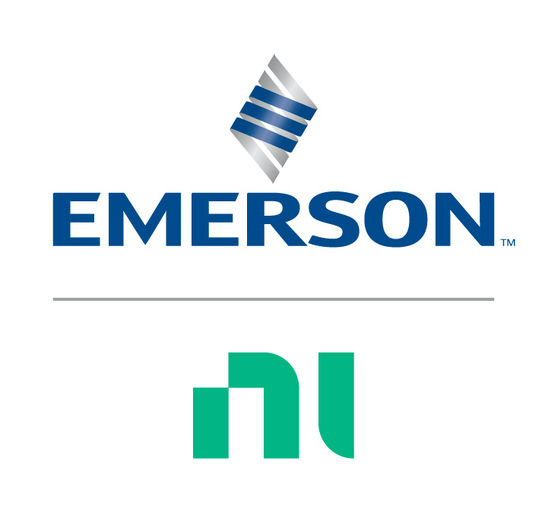

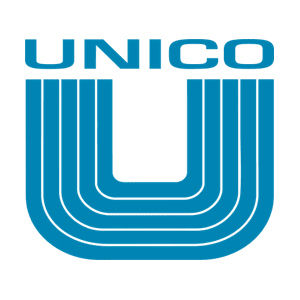

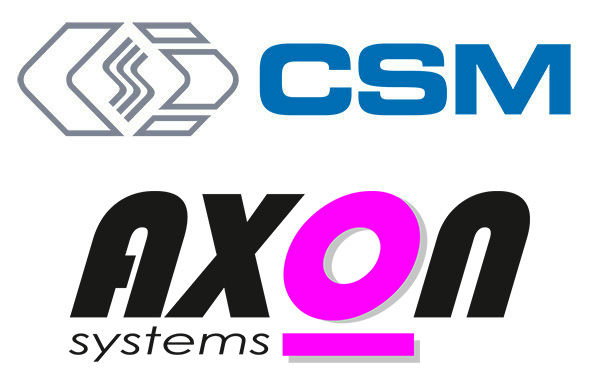
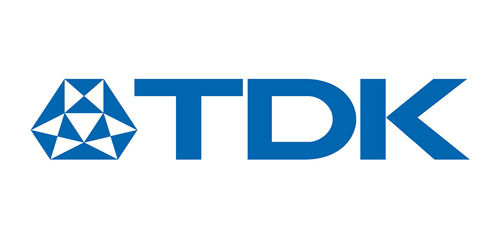

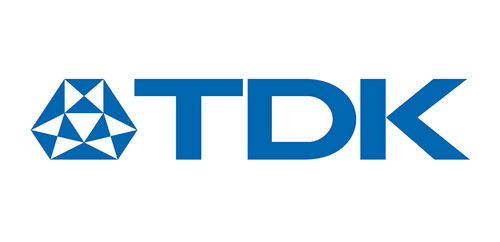
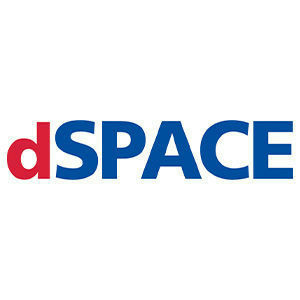

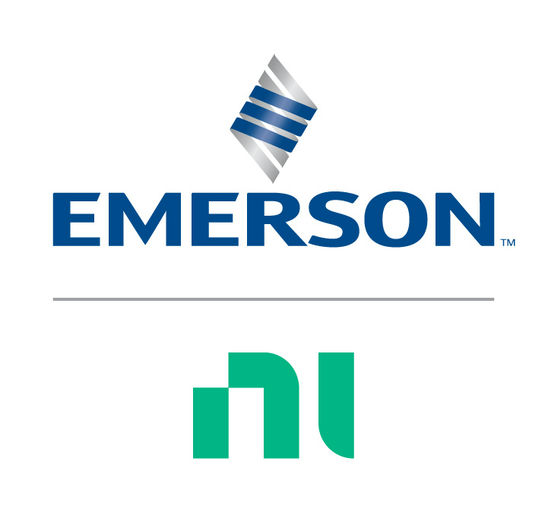
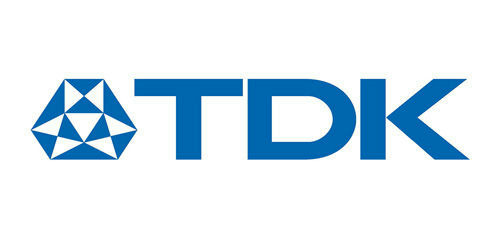
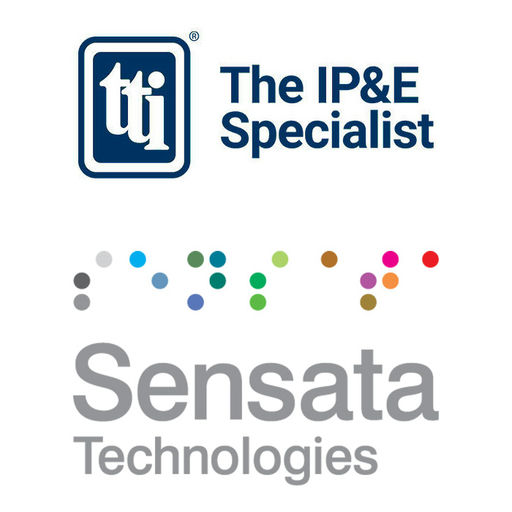

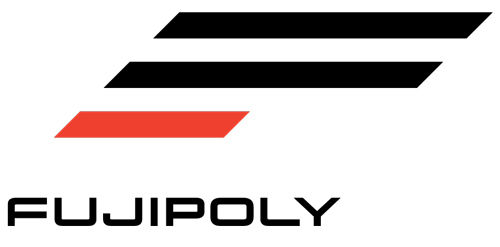

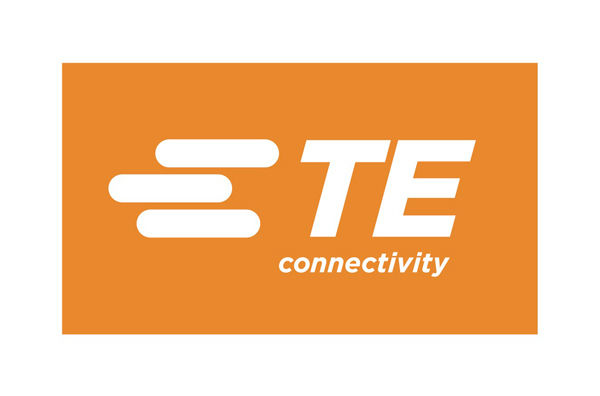
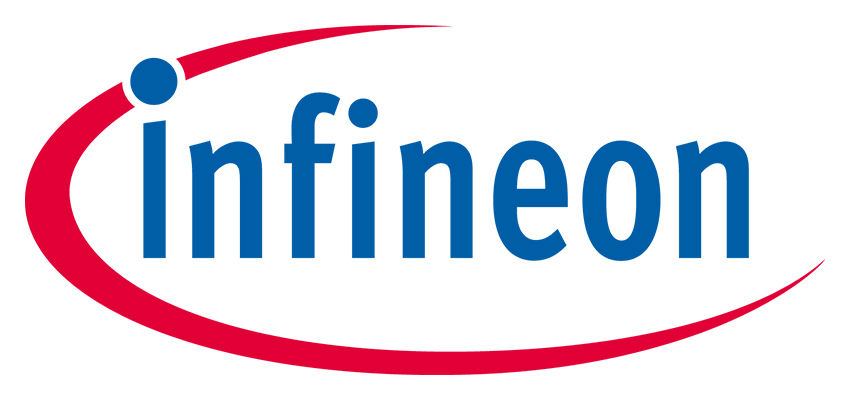
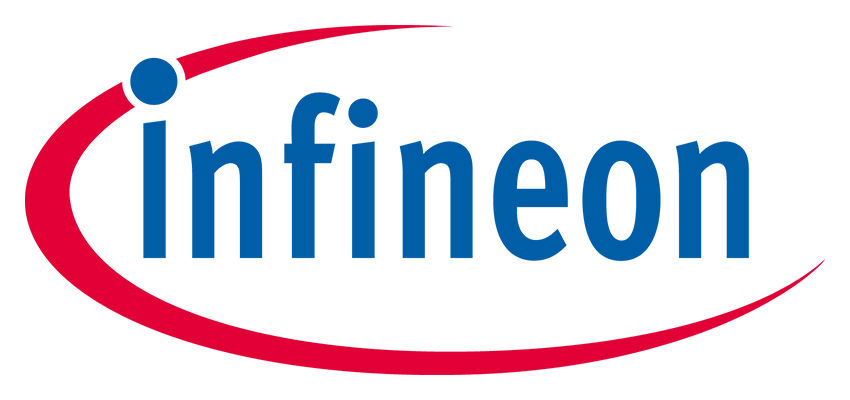





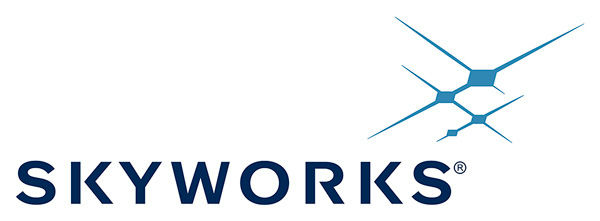

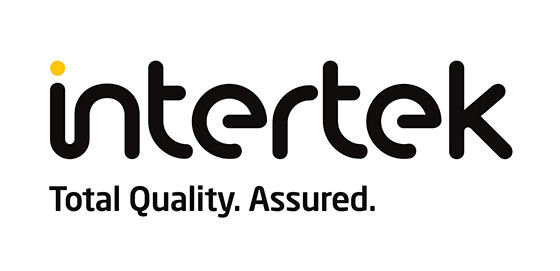
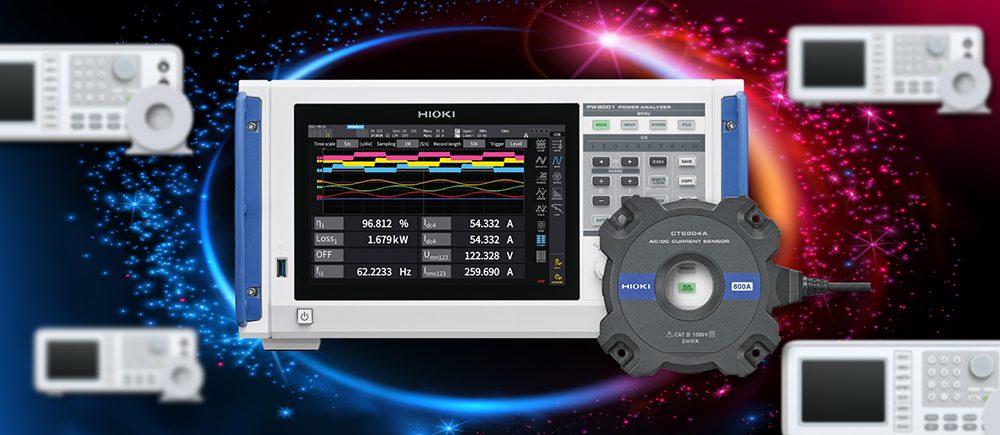

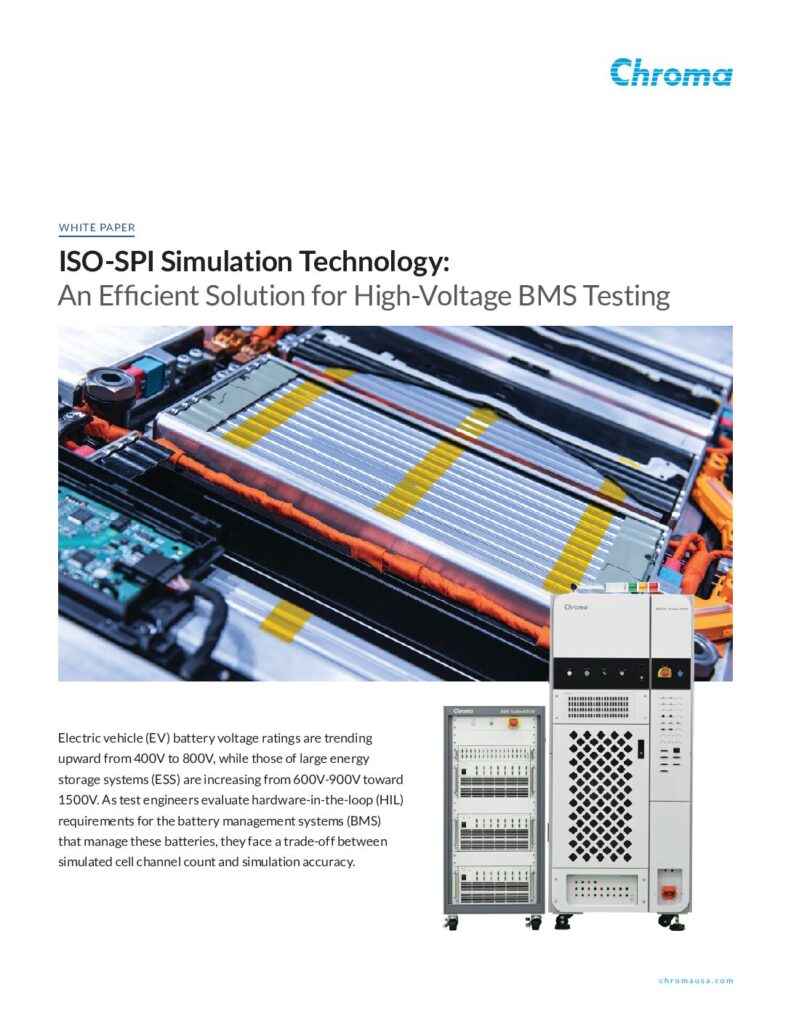
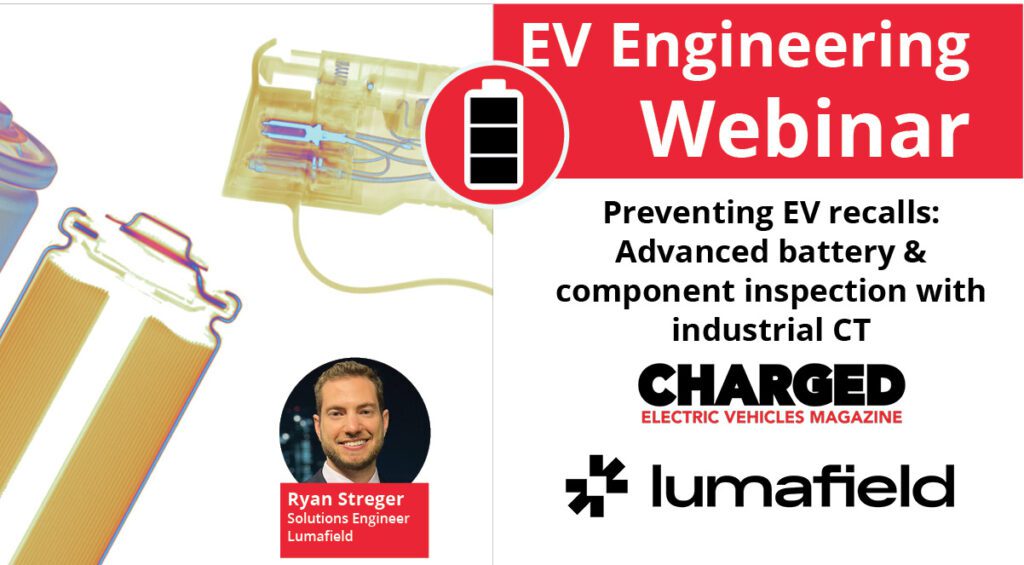

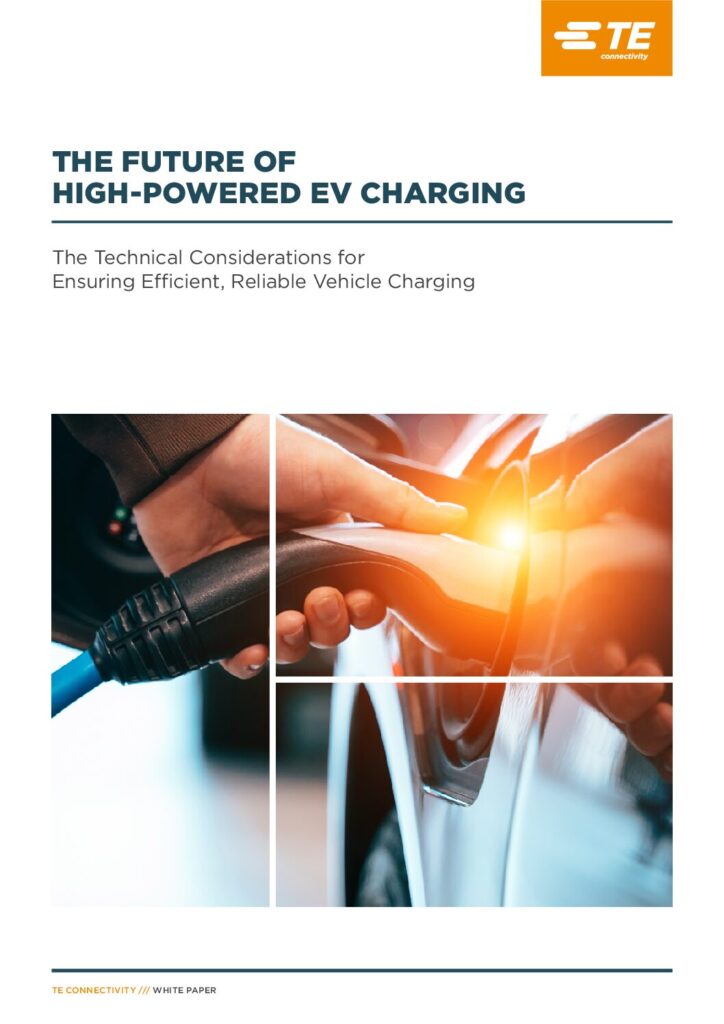
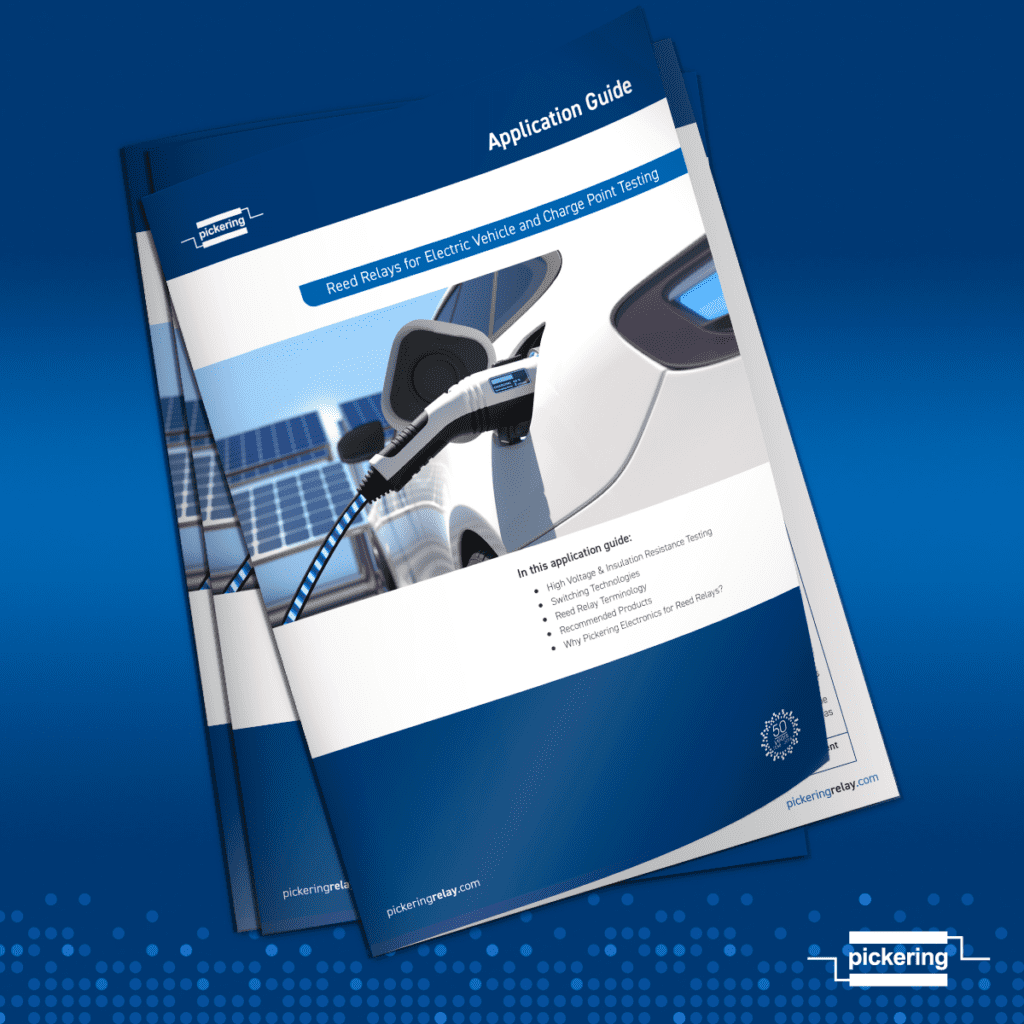

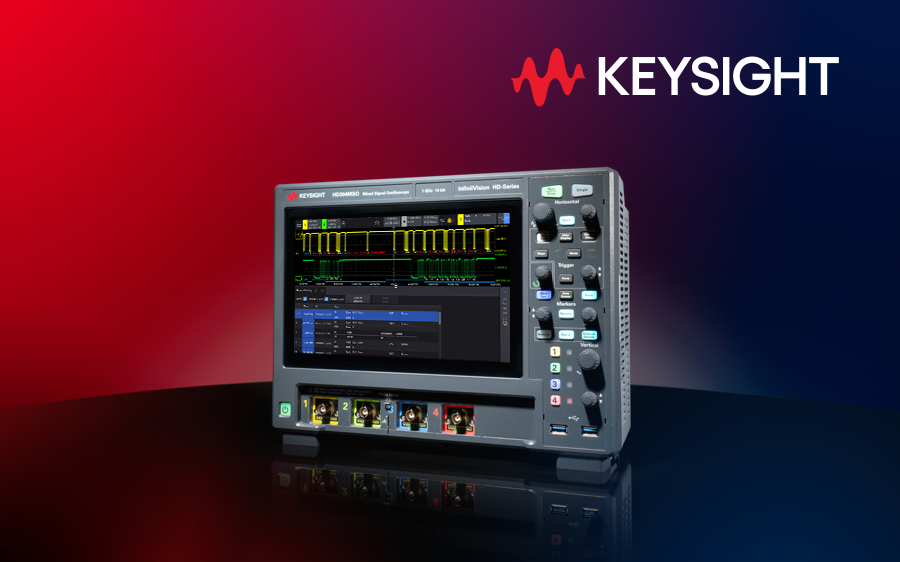
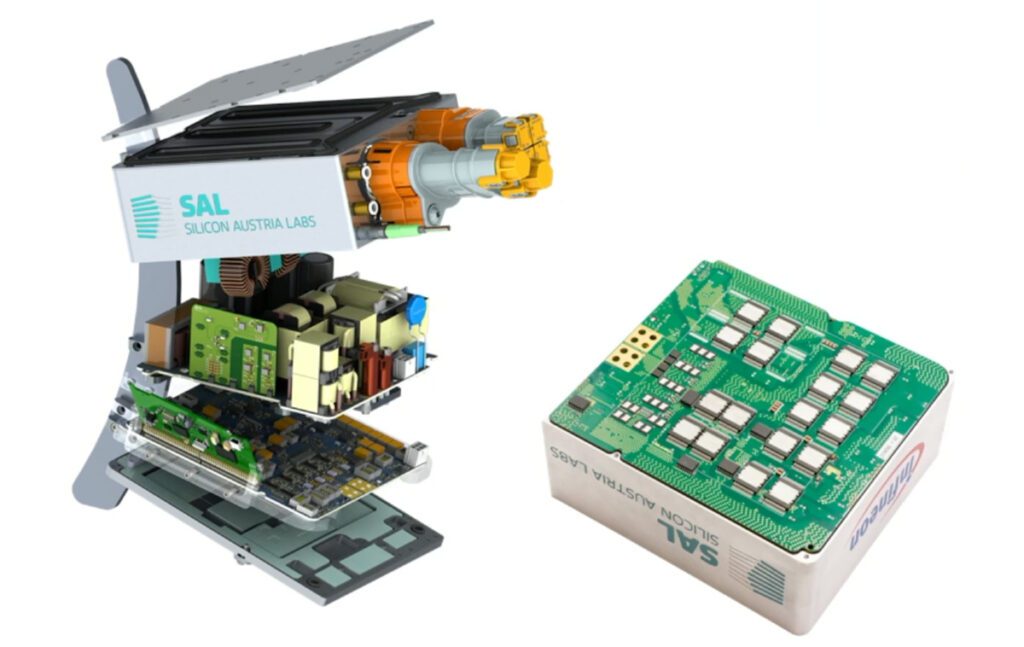


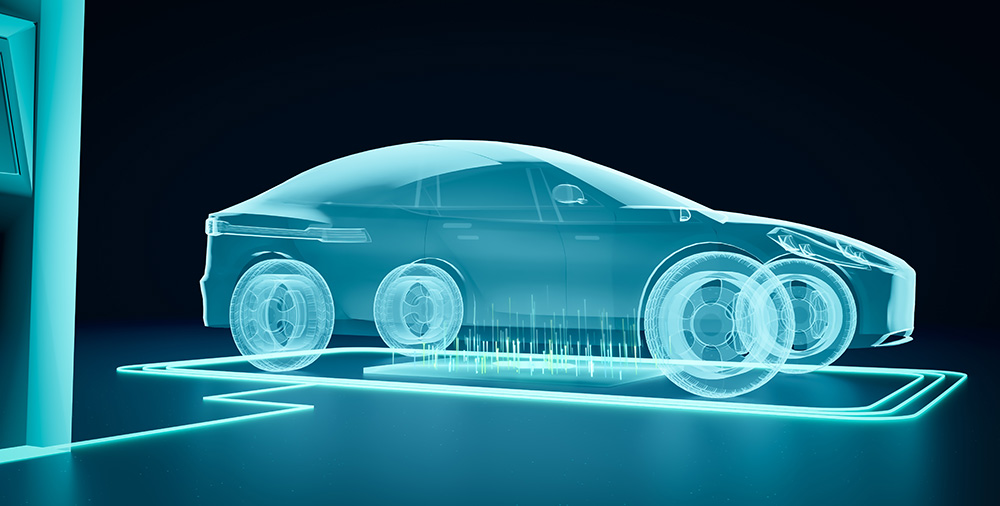
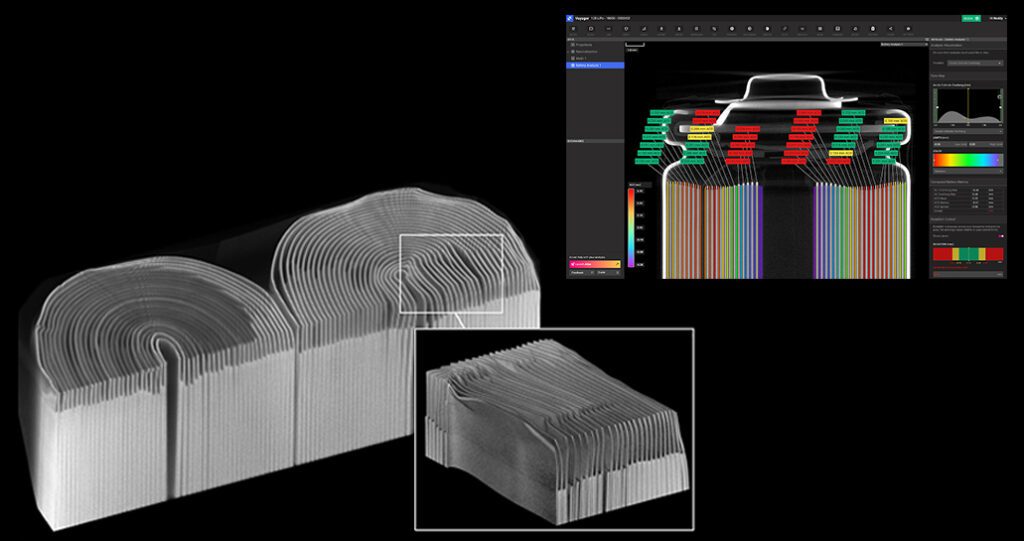
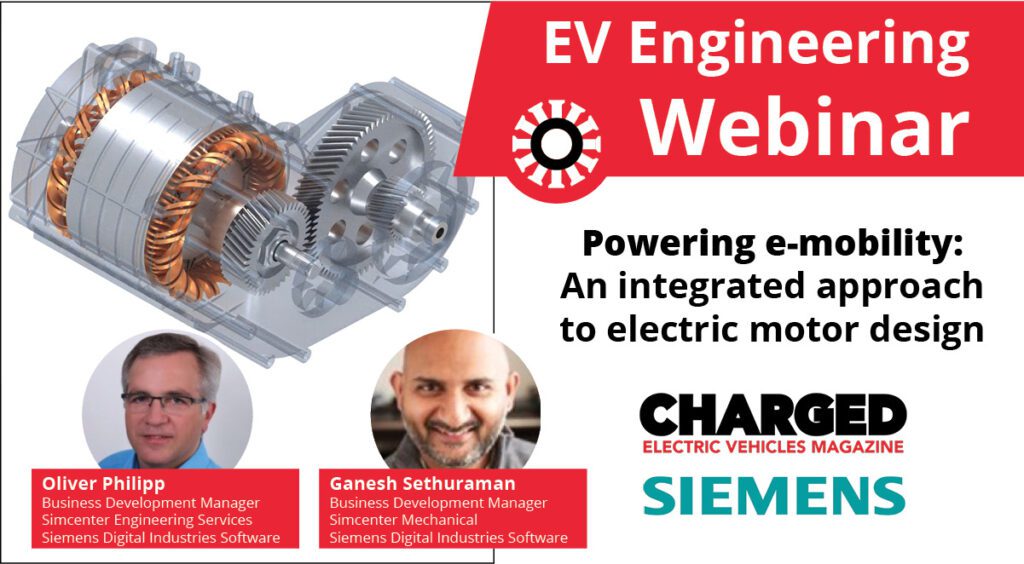

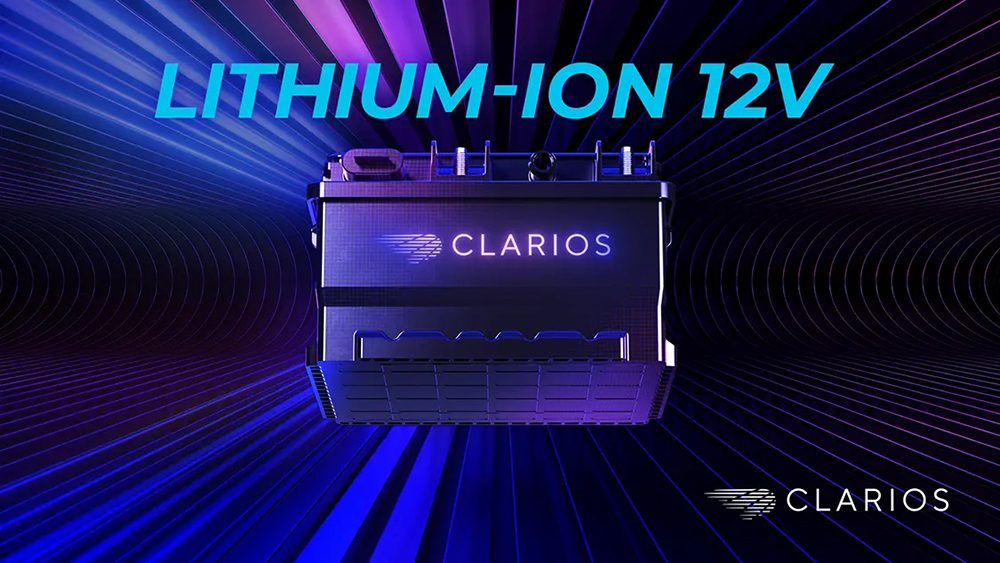
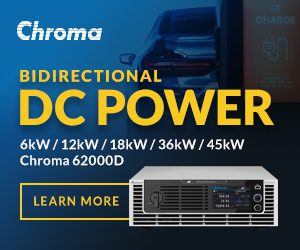
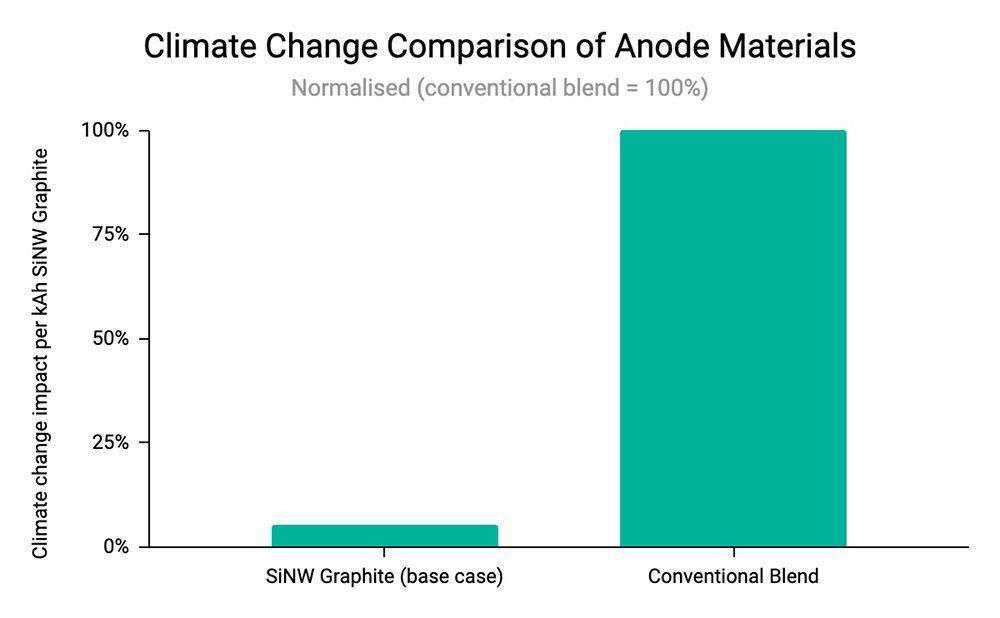
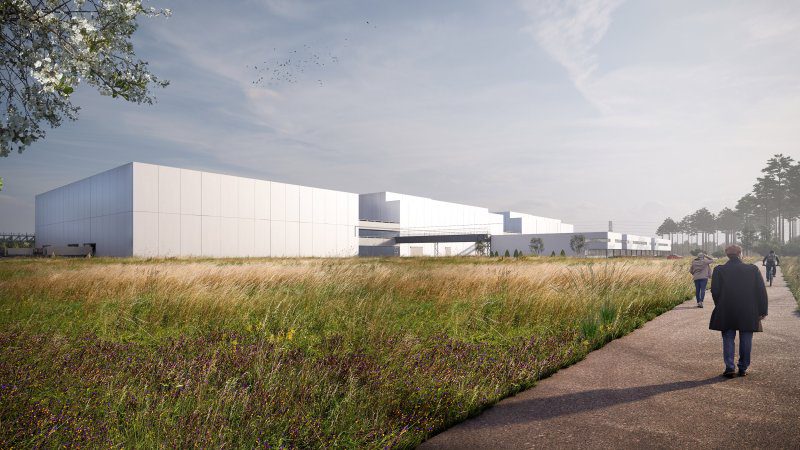
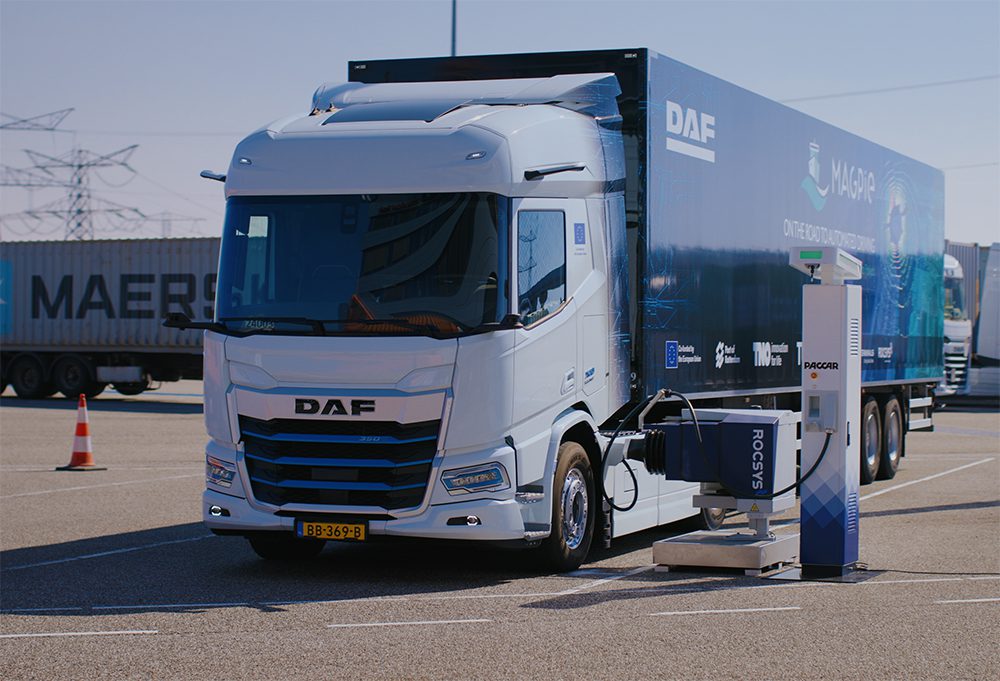
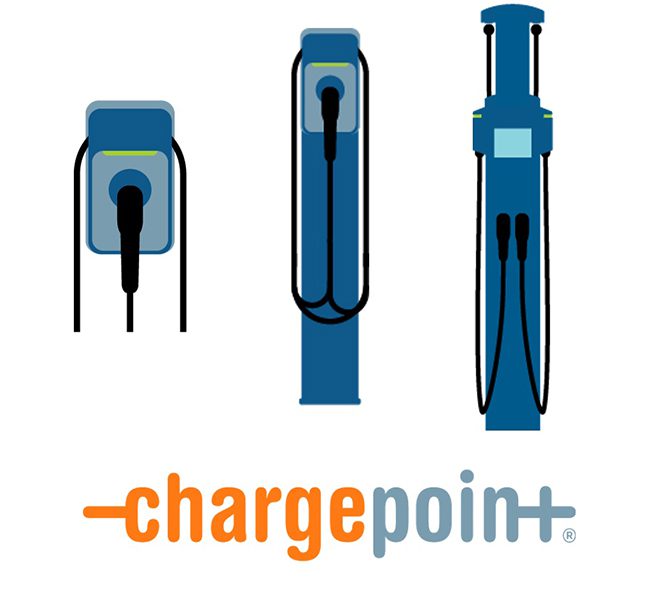
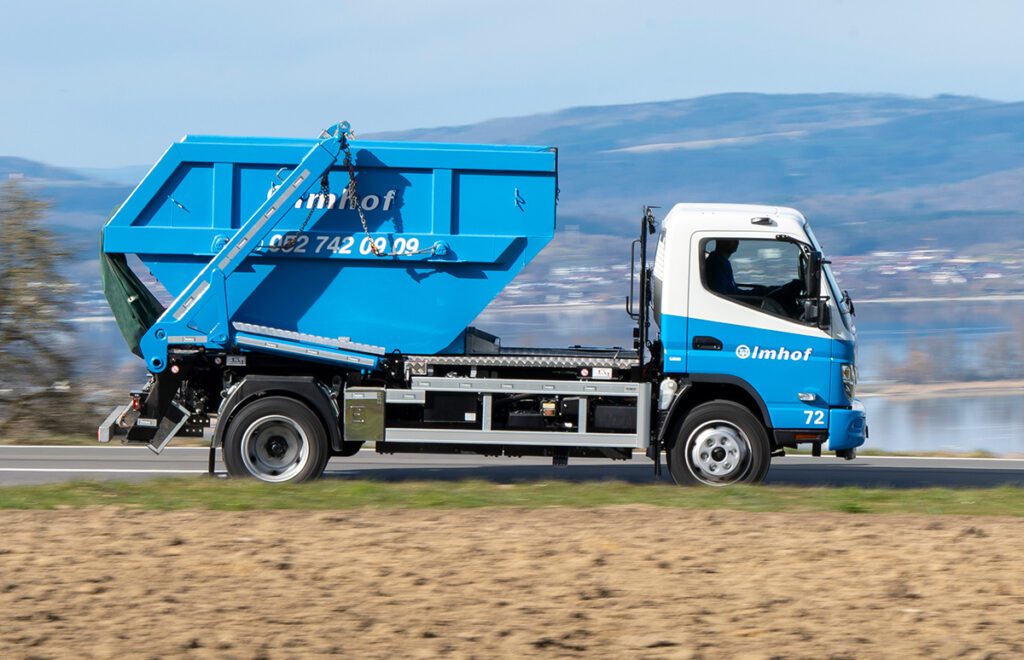
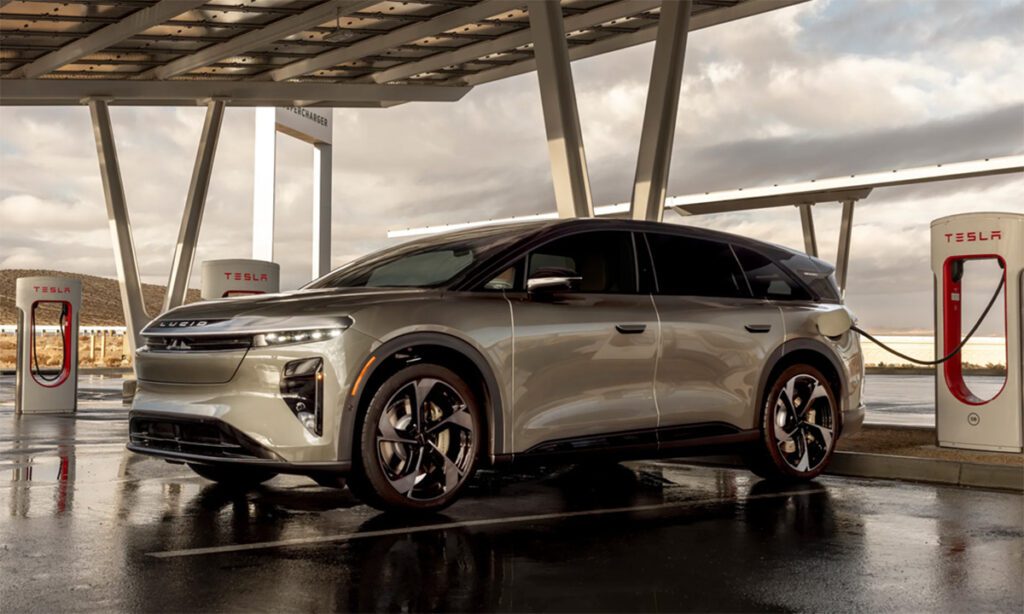

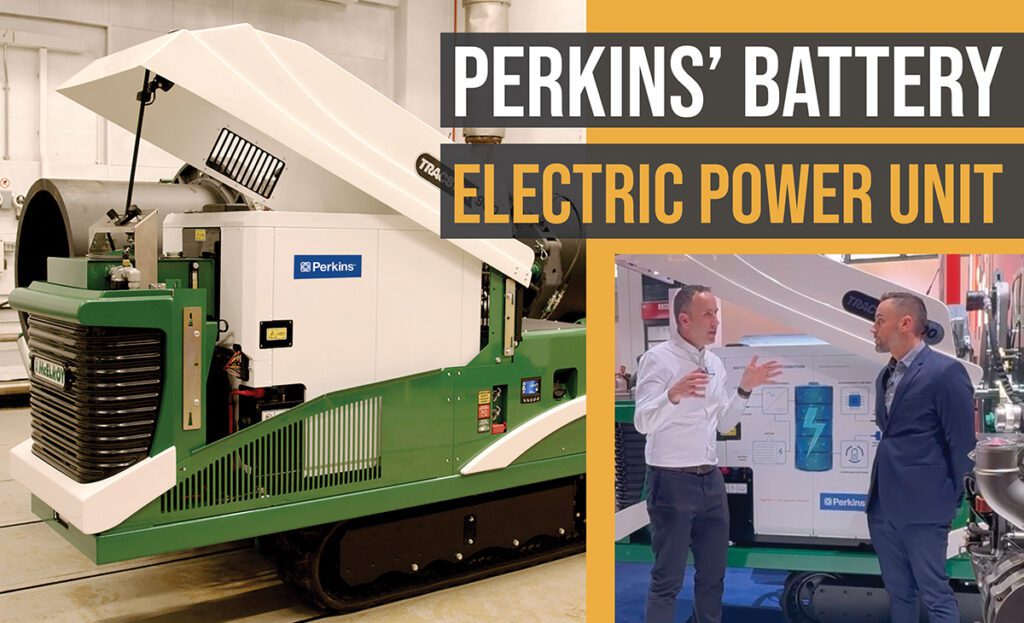
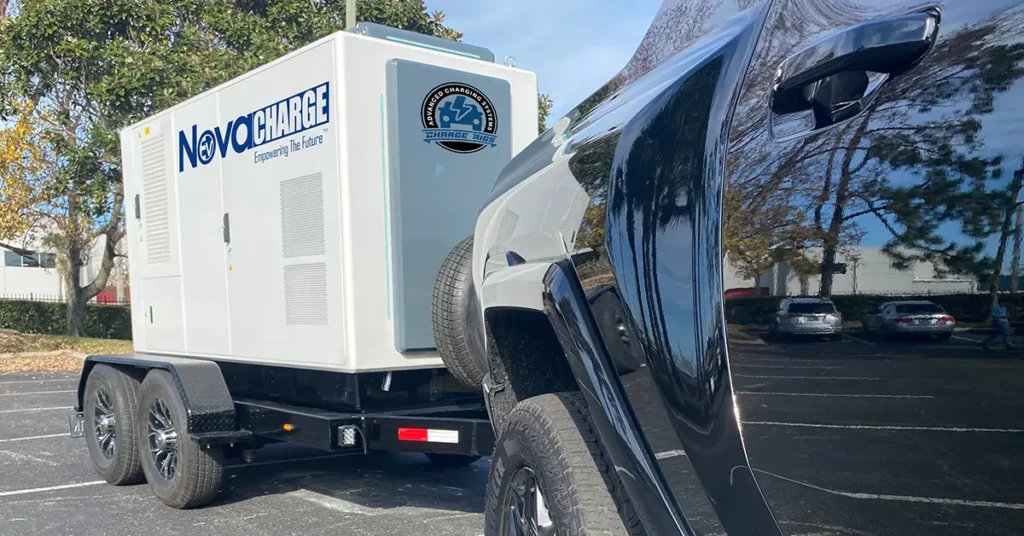
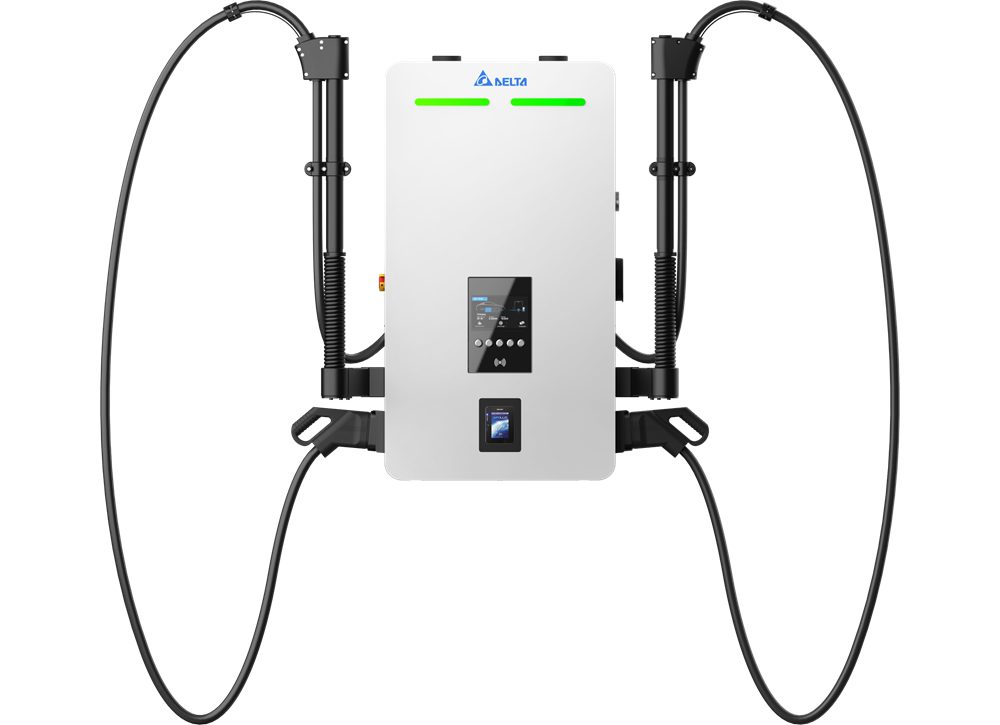
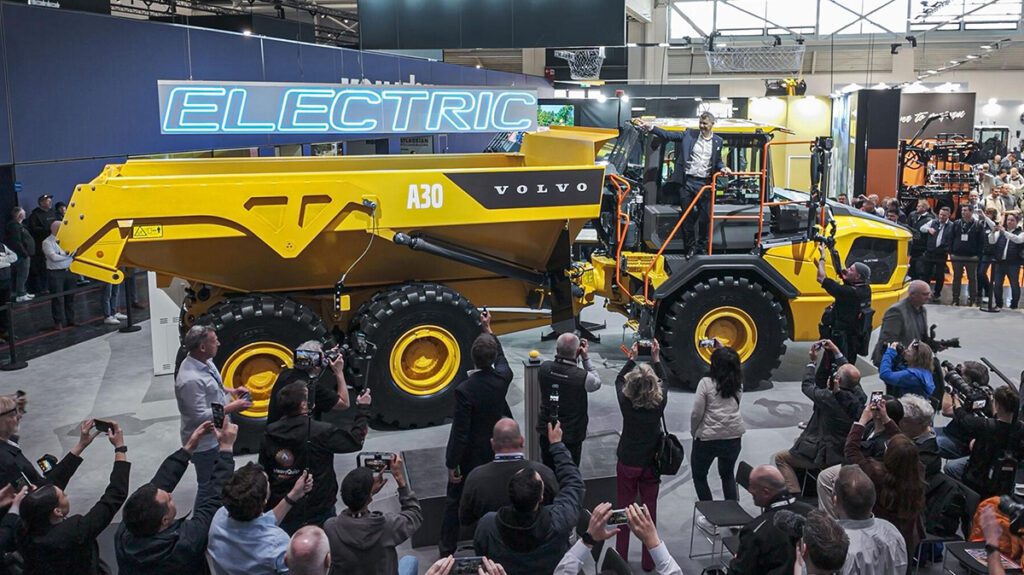
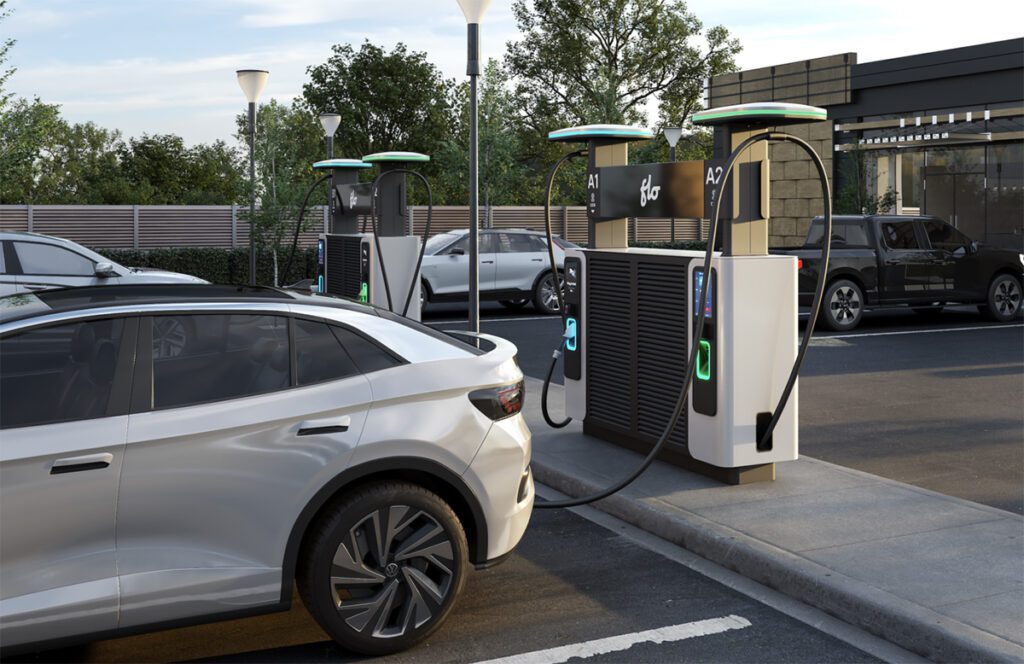

















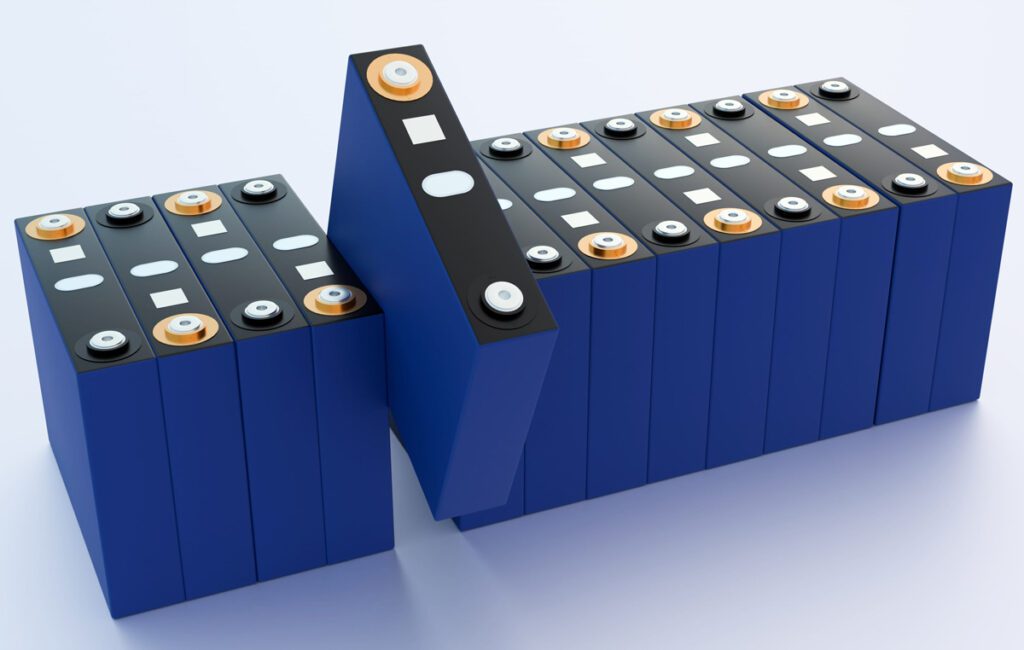
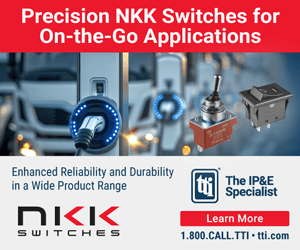
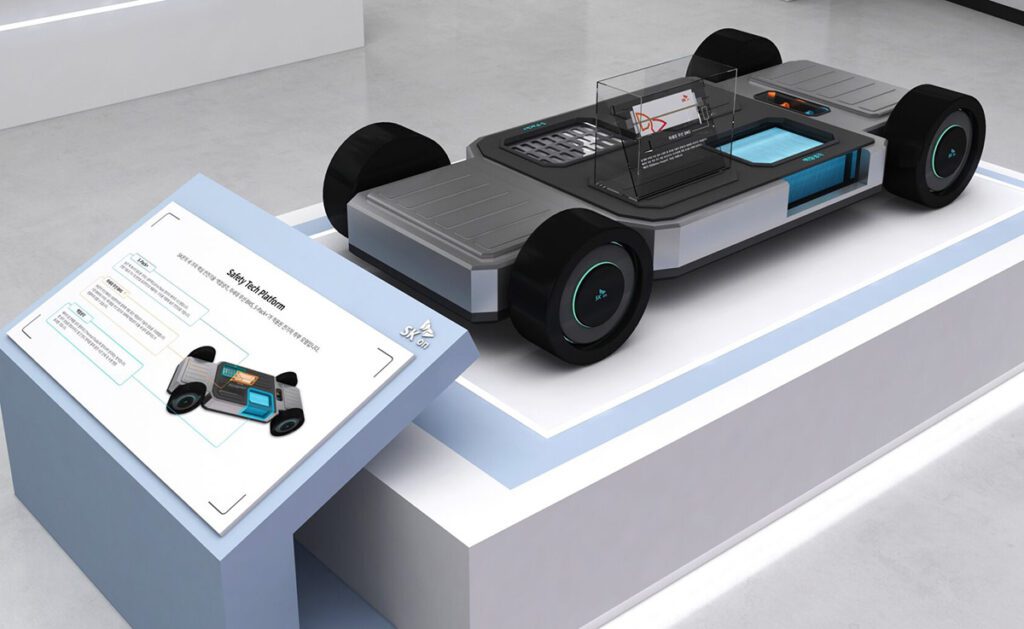

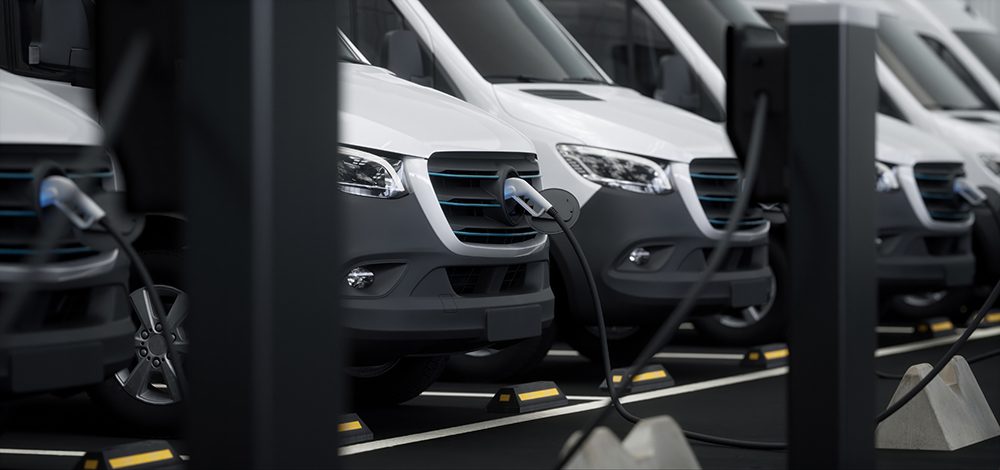
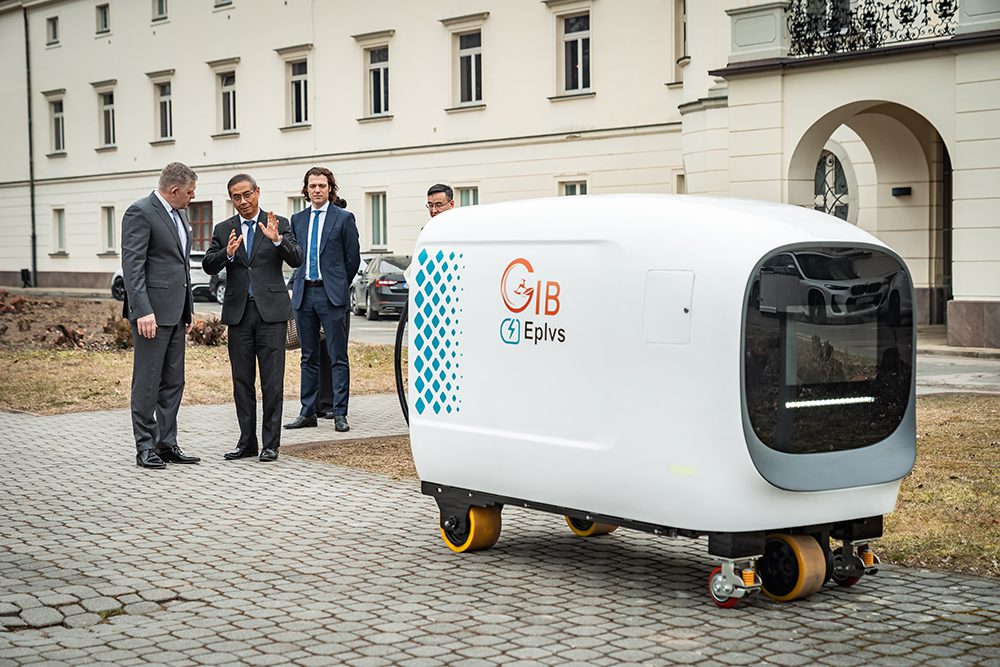
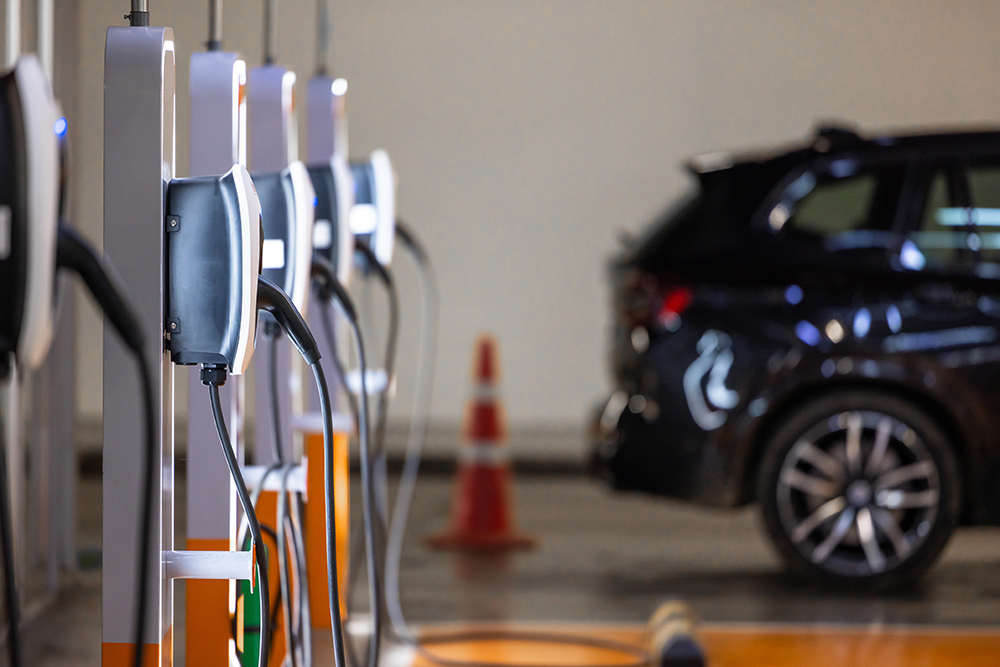
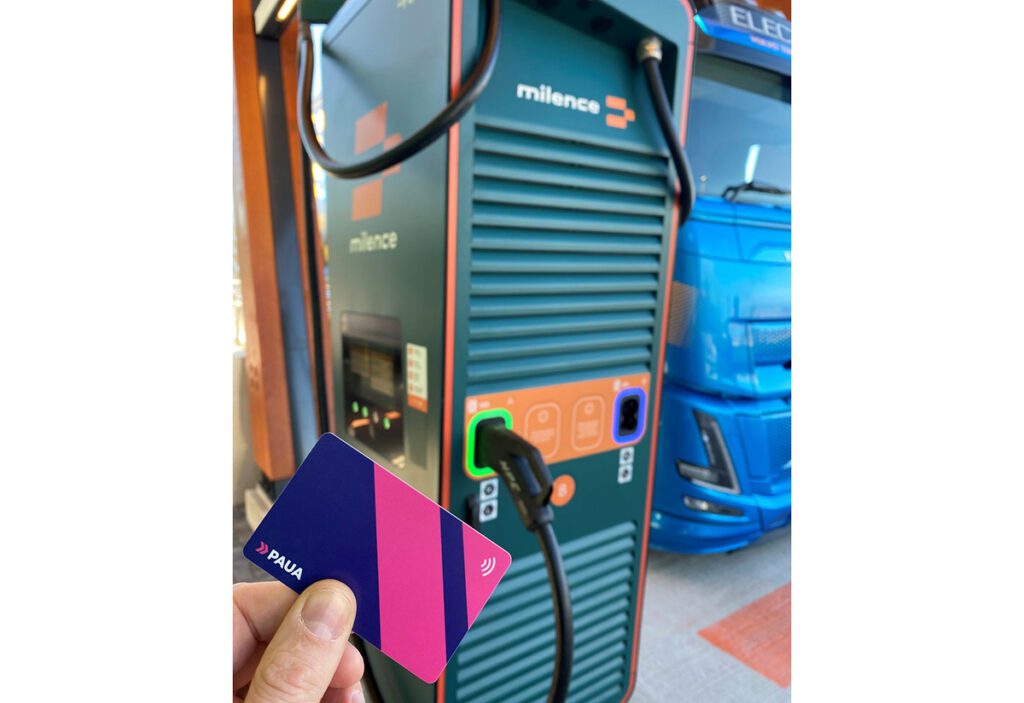
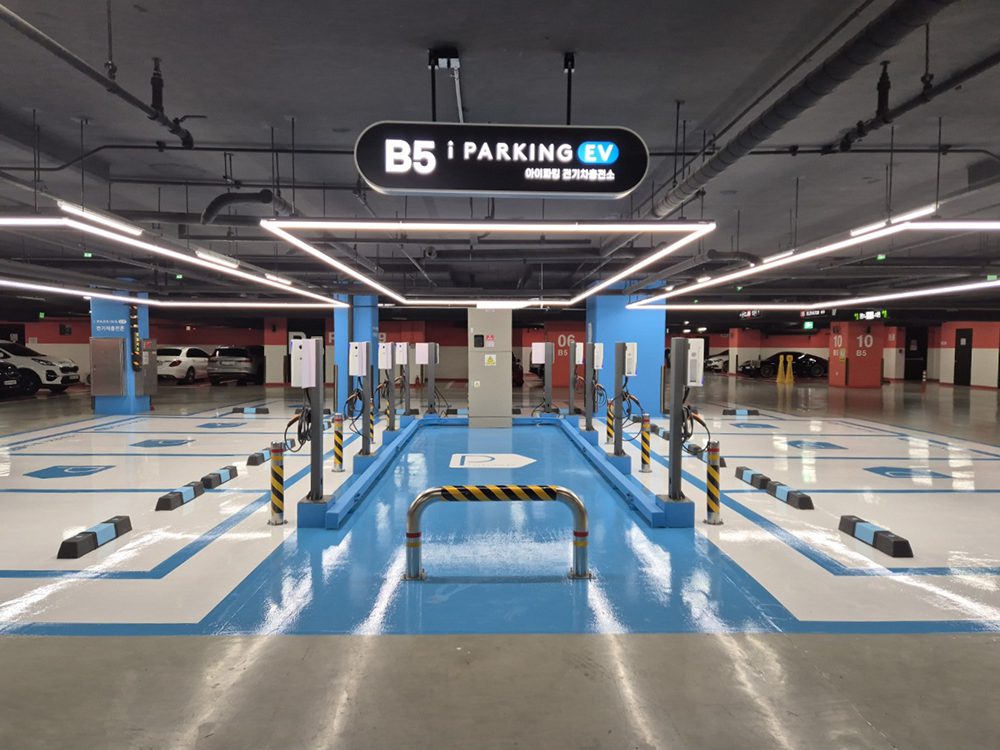


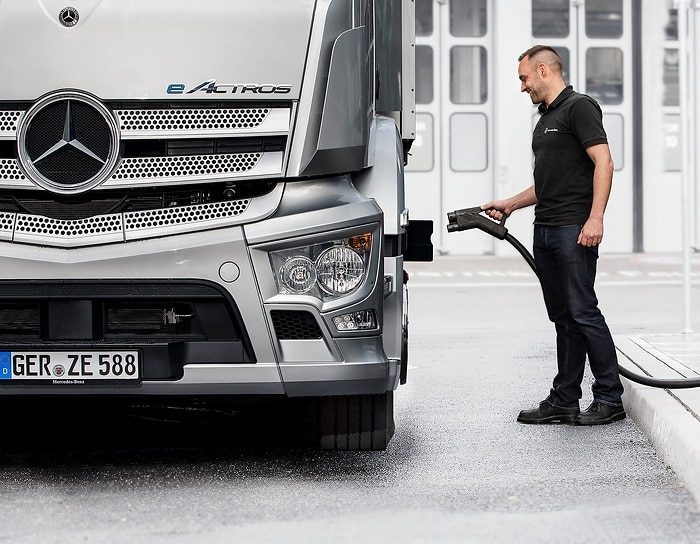
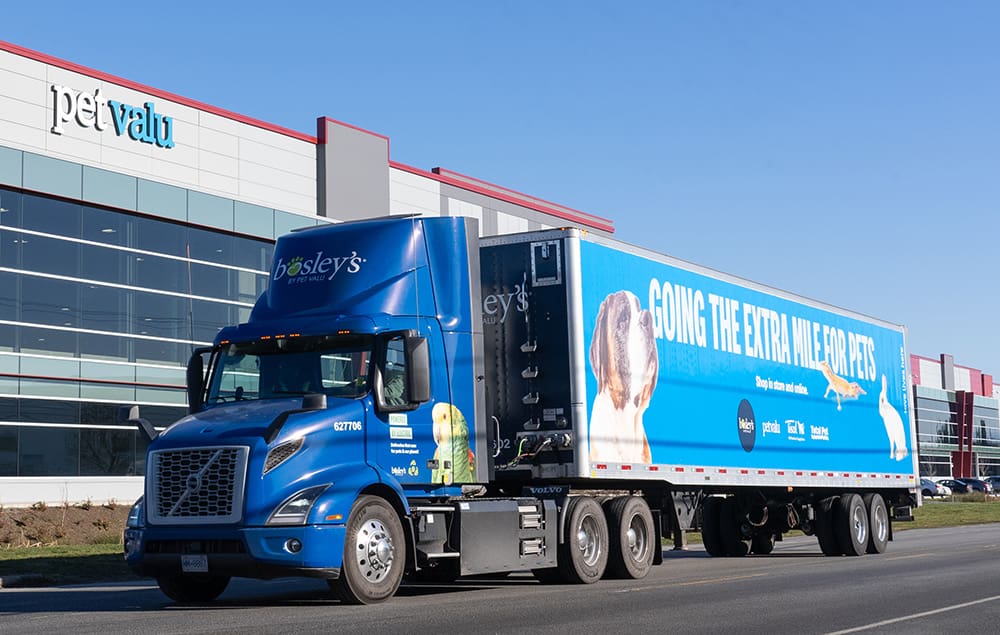
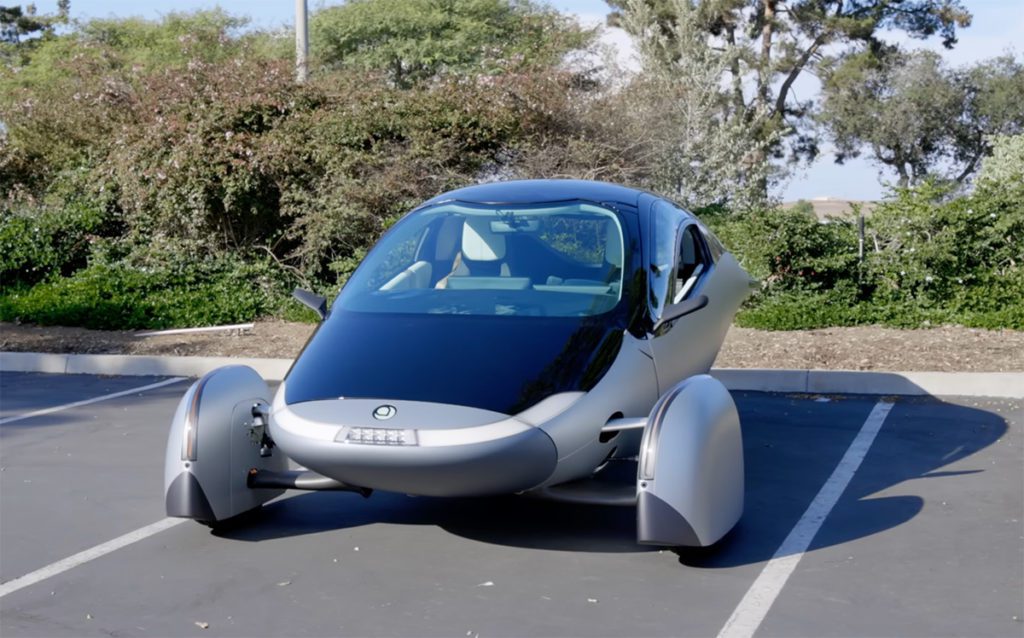
April 7-13. Hall A4.